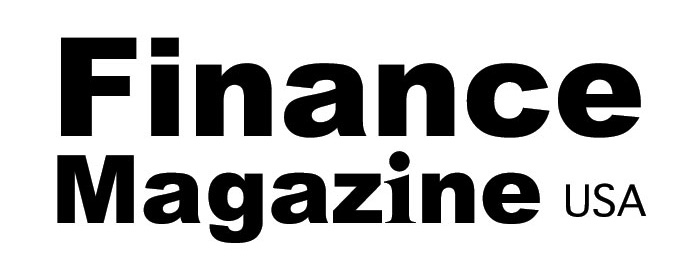Hamas, the Islamist group that has long been a thorn in Israel’s side, is proving to be financially resilient. Despite Israel’s efforts to destroy the group’s financial base, Hamas has managed to maintain its income sources through a complex web of international funding and investments. The group has three main sources of power: its physical force in Gaza, the spread of its ideas, and its income. Since the attacks on October 7th, Israel has been relentless in its efforts to weaken Hamas’s stronghold in Gaza, but it hasn’t been able to completely dismantle the group’s financial empire, which is primarily located in overseas friendly countries.
Hamas’s income comes from a variety of sources, including import taxes on goods brought into Gaza from the West Bank or Egypt, which generates around $360 million annually. A larger income stream, however, comes from foreign funding, with Israel estimating that it amounts to around $750 million per year. Iran is a major contributor, providing an estimated $100 million in military aid to Palestinian Islamist groups, including Hamas. Moving this money around without falling prey to American sanctions has required some creative and often illicit methods, such as using crypto markets to transfer millions of dollars.
Investments in firms across the Middle East also provide a significant chunk of Hamas’s income, with Israeli officials estimating that up to $500 million a year comes from these investments. Untangling these revenue streams has proven to be a challenge for Western regulators, as many of the companies deny any affiliation with Hamas.
The dispersal of the group’s financial hub has added to the difficulty of regulating its income. While Hamas’s politicians prefer Doha, the capital of Qatar, its financiers are based in Istanbul. Turkish banks and the country’s lightly regulated crypto market have provided a convenient way for Hamas to bypass American sanctions. Despite American efforts to impose sanctions on individuals and companies funding Hamas, the group’s financial backers have been able to navigate through the obstacles and continue their operations.
This financial resilience presents a major challenge for Israel, as the prospect of Hamas growing richer despite the ongoing conflict would be a significant failure. As the group’s financial roots remain intact, there is a risk that it could re-emerge and flourish anew from the destruction. Additionally, rumors have circulated that some civil servants in Turkey’s economic ministry are co-ordinating with Hamas’s finance office, potentially making it even easier for the group’s financiers to operate.
The Economist’s audio content also covers a variety of topics ranging from finance and economics to terrorism financing. For more expert analysis of these stories, you can subscribe to “Money Talks,” our weekly newsletter for in-depth economic and financial insights.
Despite the ongoing conflicts and challenges, Hamas continues to find ways to maintain its financial stability, posing a persistent threat to Israel’s efforts to dismantle its financial base. The challenges of regulating and restricting Hamas’s income sources present an ongoing struggle for Israel and its allies, with the group’s financiers continuing to evade sanctions and resolve to keep their financial operations intact.
Source link




